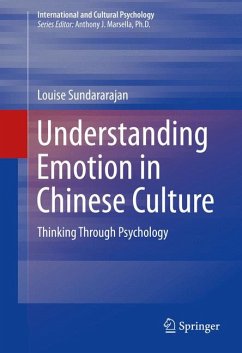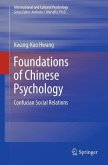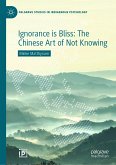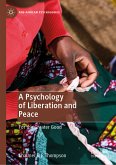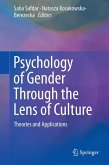Included among the topics:
- The mirror universes of East and West.
- In the crucible of Confucianism.
- Freedom and emotion: Daoist recipes for authenticity and creativity. Chinese creativity, with special focus on solitude and its seekers.
- Savoring, from aesthetics to the everyday.
- What is an emotion? Answers from a wild garden of knowledge.
Understanding Emotion in Chinese Culture has a wealth of research and study potential for undergraduate and graduate courses in affective science, cognitive psychology, cultural and cross- cultural psychology, indigenous psychology, multicultural studies, Asian psychology, theoretical and philosophical psychology, anthropology, sociology, international psychology, religion studies, and international business and management.
Dieser Download kann aus rechtlichen Gründen nur mit Rechnungsadresse in A, B, BG, CY, CZ, D, DK, EW, E, FIN, F, GR, HR, H, IRL, I, LT, L, LR, M, NL, PL, P, R, S, SLO, SK ausgeliefert werden.
"Understanding Emotion in Chinese Culture by Louise Sundararajan is an elegant account of the ways in which emotions are experienced by Chinese people, and the book uses this discussion to enrich the Western psychological study of emotion. ... Understanding Emotion in Chinese Culture offers a rich network of complexly nuanced ideas. ... an eloquently constructed book that addresses difficult but important issues holistically within the context of naturalistic science. There are probably not many who would attempt such a task." (Richard E. Duus, PsycCRITIQUES, Vol. 60 (48), November, 2015)

